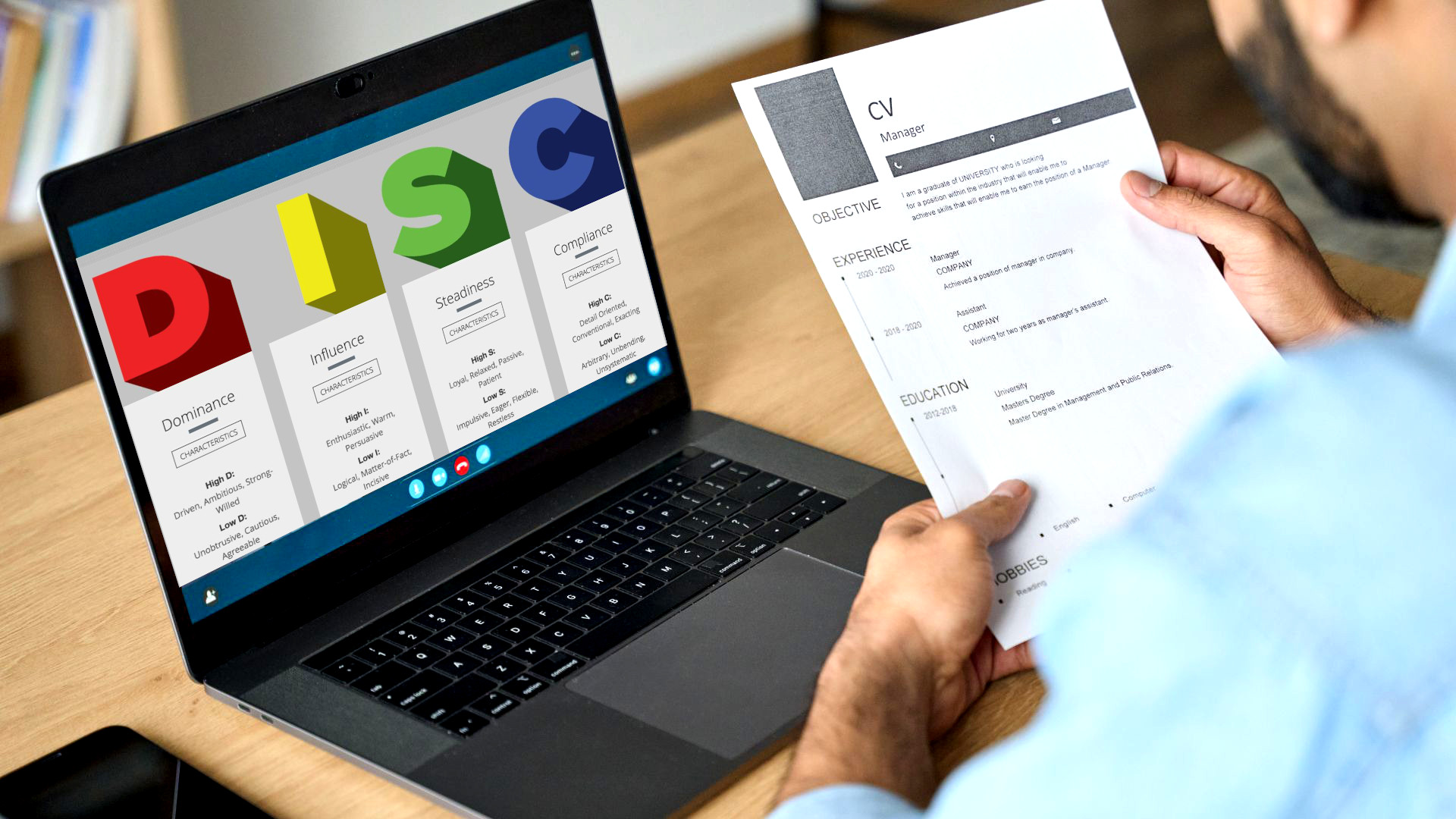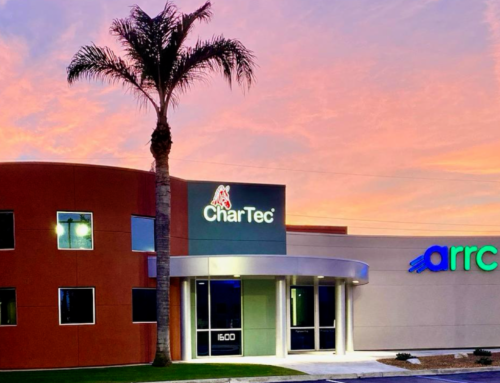What hurts your business the most? Right now, the top cause of failure in business is toxic people in the workplace. Supply chain issues, vendor problems, and the geopolitical climate all play a role, but it’s a toxic workplace that can really spell your undoing. A basic misunderstanding of personality types leads to toxic workplaces. This is where the DISC can help.
If you’re not using DISC in your MSP, get on board. It’s a powerful tool that delivers so much more than you might think at first glance. It can completely transform your hiring, retention, and success by ensuring you have the right people in the right roles.
What is DISC?
In short, DISC is a personal assessment tool that aims to improve communication, productivity, and teamwork.
It helps us understand the observable behaviors of other people. It has nothing to do with their background, history, education, or intelligence; it’s more about how they communicate and in which roles they will succeed.
A DISC assessment will show you an employee’s personality style, and you can use this insight to drive business and hiring decisions. There is no best style on the scale; there is a place for people with every personality in every type of business. People of all styles can be successful, but it’s helpful to be aware of their natural strengths and weaknesses, and a DISC assessment gives you that insight.
In one sense, they can think of DISC profiling as being about self-awareness. Knowing your style and how you prefer to communicate can all be very useful. However, it’s also about the awareness of who is around you and who you engage with in your work, whether they are coworkers or clients.
As you gain more self-awareness and improve your ability to communicate with others, you will be better at your job and your personal life. Communication is one of the most powerful skills we have as humans, and doing it effectively depends on understanding who you are communicating with. Your message doesn’t matter if you cannot connect with your audience; communicating is usually on the listener’s terms.
Here’s a look at the categories of the DISC model:
- Dominance: This refers to how you respond to problems and challenges. Some people may be aggressive, while others approach things more gently, for example. Those with a D personality are confident and focused on the bottom-line result.
- Influence: This is how we influence others and convince them of our point of view. When you think about it, we all use influence in our interactions, whether it’s to get our children to do their homework, make our spouse understand us, sell something to clients, or get employees to do their jobs. My personality is focused on persuading others.
- Steadiness: This refers to how you respond in terms of pace and consistency. Are you empowered by change, or do you like to stick with the status quo? Those with S personalities are dependable and focus on cooperation and sincerity.
- Compliance: This is how you respond to procedures and constraints. Individuals with C personalities are generally focused on expertise, competency, accuracy, and quality.
While an assessment can help you uncover where you stand, be aware that your personality style can also change, to an extent, depending on your environment, like calm people who get aggressive behind the wheel.
Most people are a combination of two letters. Intensity is also a factor when someone takes an assessment; the higher they are in one letter, the stronger and more observable that behavior will be in them.
Of course, people are not absolutes; our situations affect us, and we can adapt. But we tend to be one way or the other.
Understanding dominant fears:
We instinctively move away from the dominant fears that bring us pain and toward things that comfort and motivate us. Understanding those fears can also improve our interactions.
- A D’s dominant fear is being taken advantage of; that’s why they put themselves in positions where they can control the outcome.
- For I, their dominant fear is rejection; that’s why they work so hard to make people like them and connect with others.
- For an S, their dominant fear is a loss of security. They like keeping things as they are.
- A C personality fears criticism. They want to be correct, and you won’t get an answer from them until they have researched it.
Filling roles:
These personalities can help guide hiring decisions. Some good fits for an MSP include:
- High DI personalities for sales roles
- High SI personalities for inside account management
- High Cs on the help desk
You might have some people sitting in the wrong seat in your office, and you could find yourself with a more productive and happier workforce and better results by ensuring people are in positions that suit their personalities.
Making improvements with the help of DISC:
You can also hire more people who fit certain styles to target your MSP’s specific shortcomings. For example:
- A company that can’t hit its sales target might be short in Ds, which means they have no “drivers” in their business.
- If you can’t figure out why you’re not profitable, you might need more Cs.
- If your customer service is poor and you get a lot of angry phone calls, bring in Ss.
However, when you bring these individuals in, ensure the compensation you offer suits their personalities. For example, an S wants security, so commission-driven compensation structures won’t appeal to them.
As you can see, there are many ways that a DISC profile can enhance your business. Having your workforce profiled is a great way to ensure everyone is in the proper role and identify areas where your team may be lacking. If you’re interested in taking a DISC assessment, email sales@chartec.net or visit us chartec.net/contact-us.







Leave A Comment